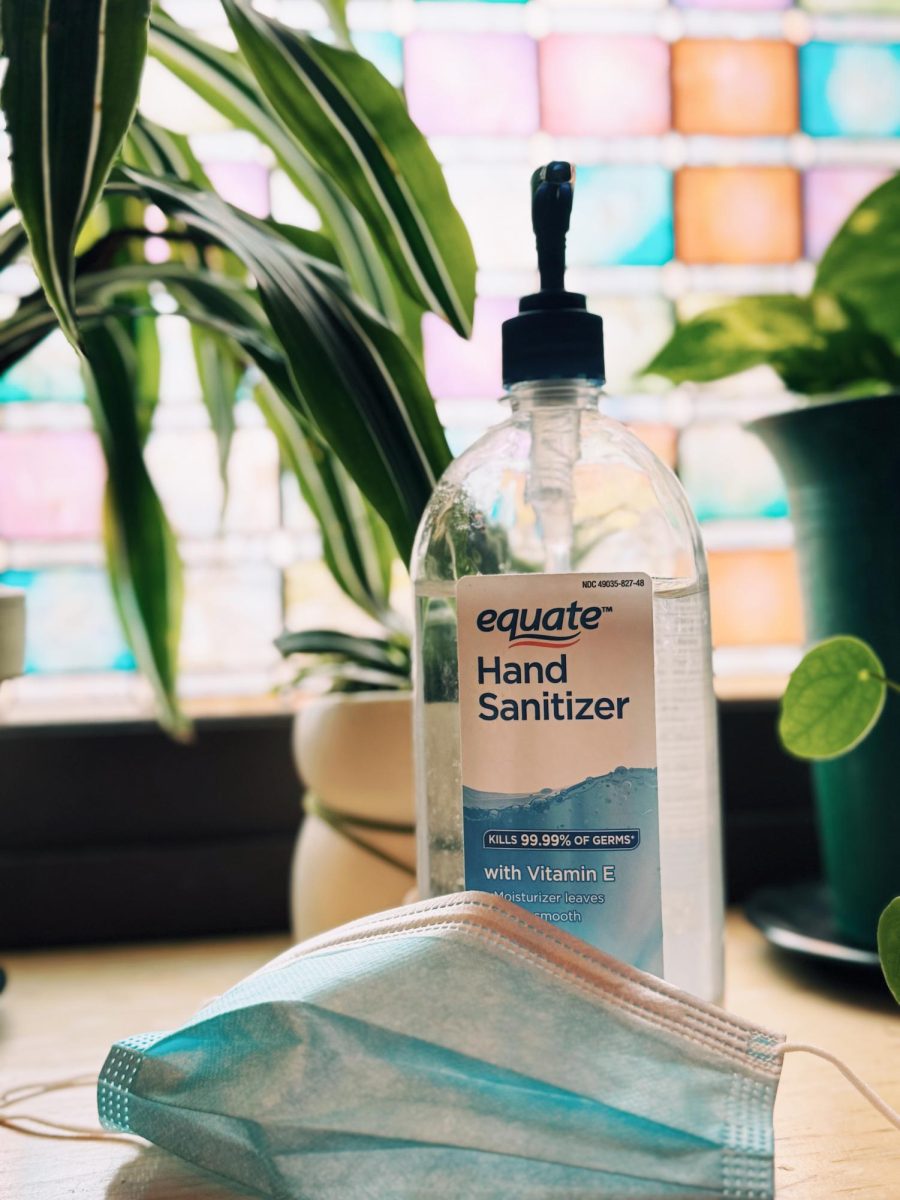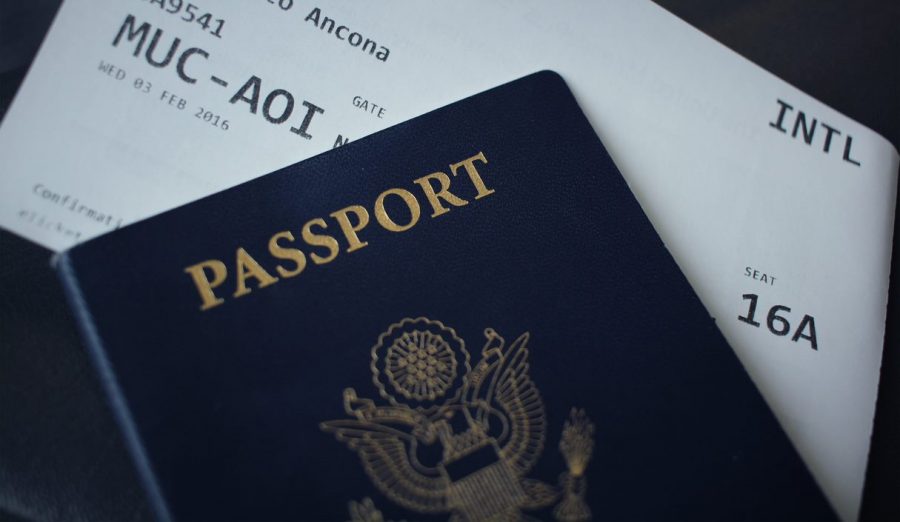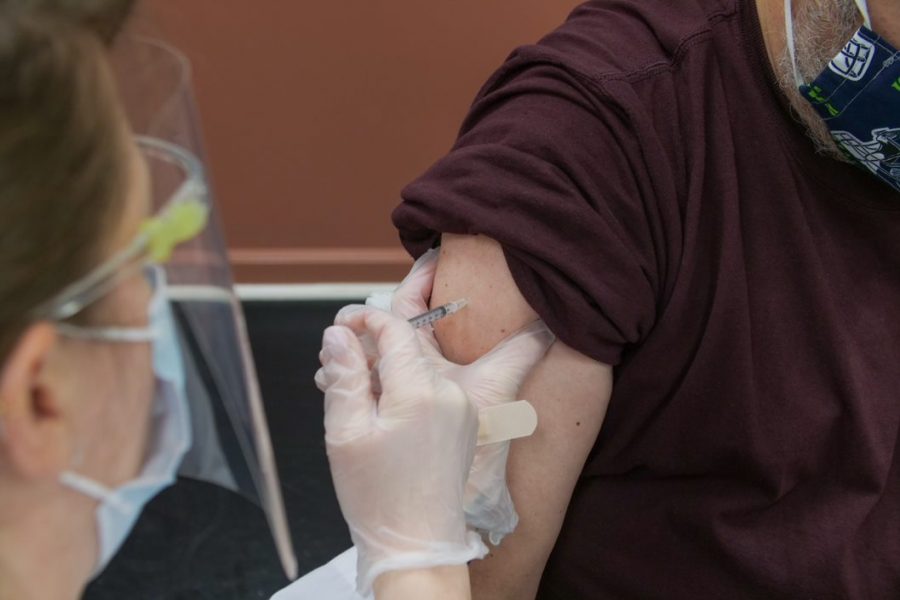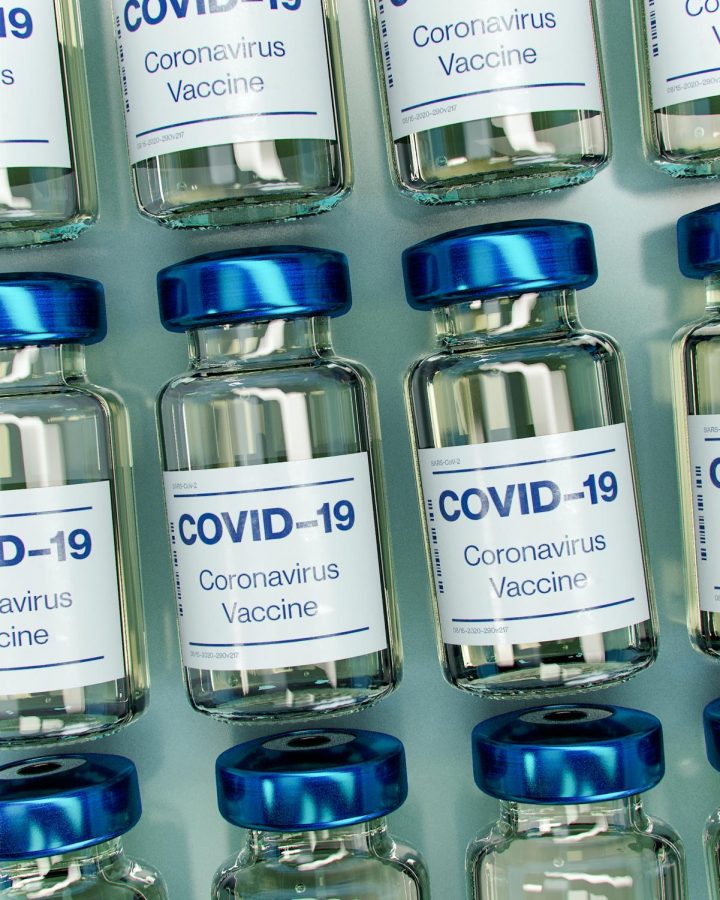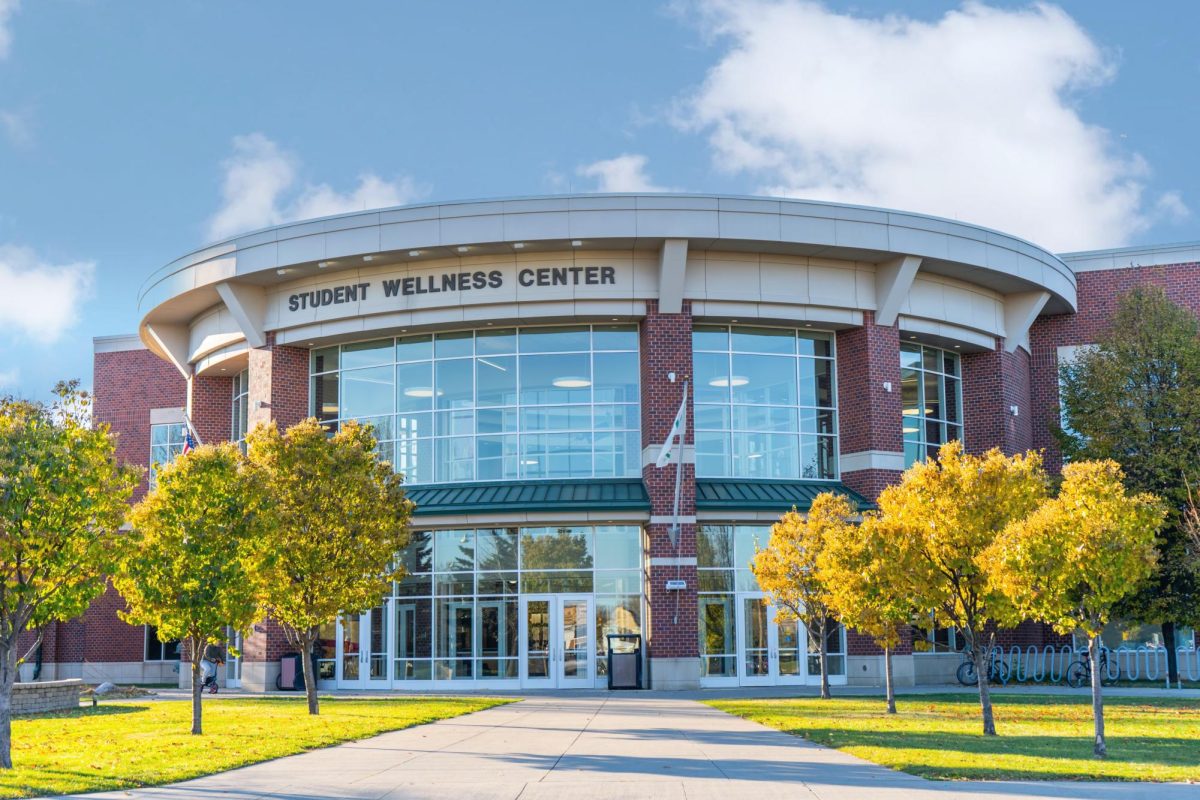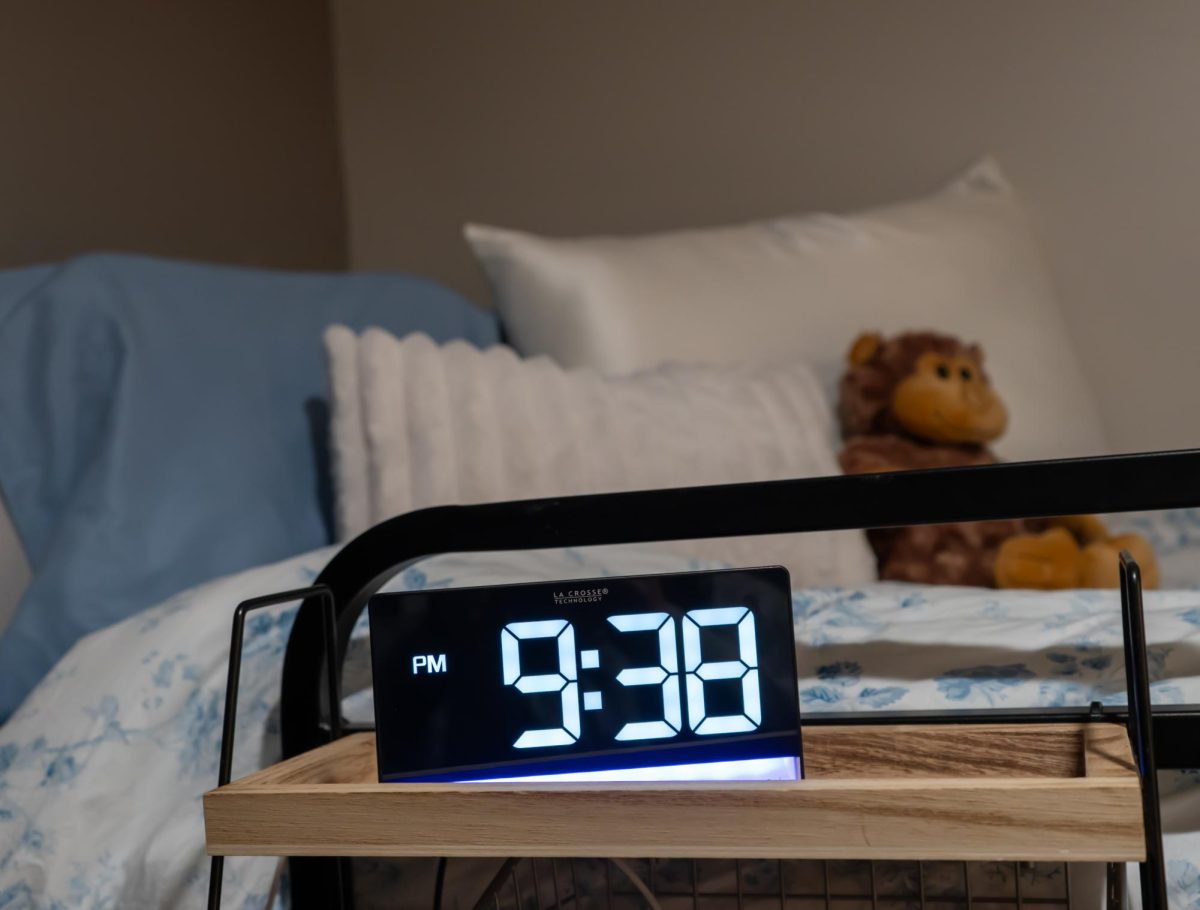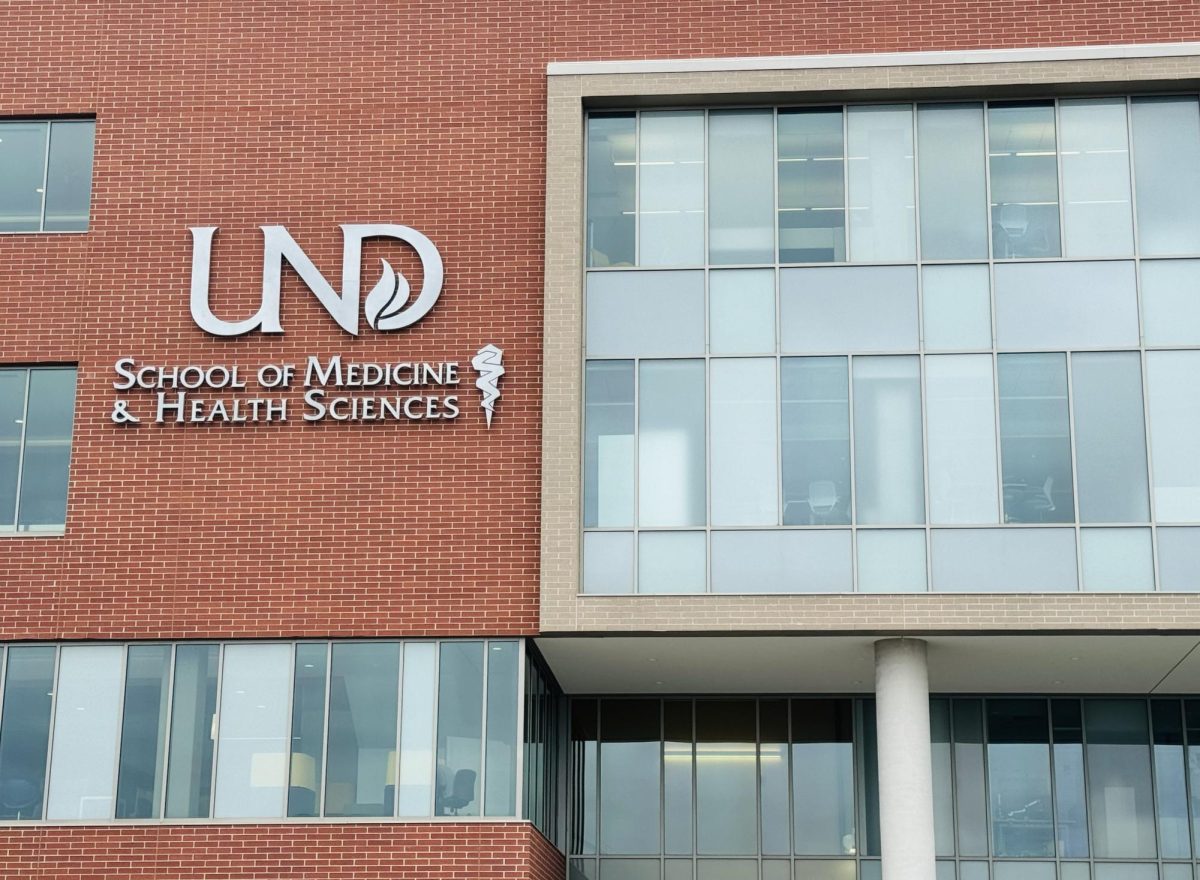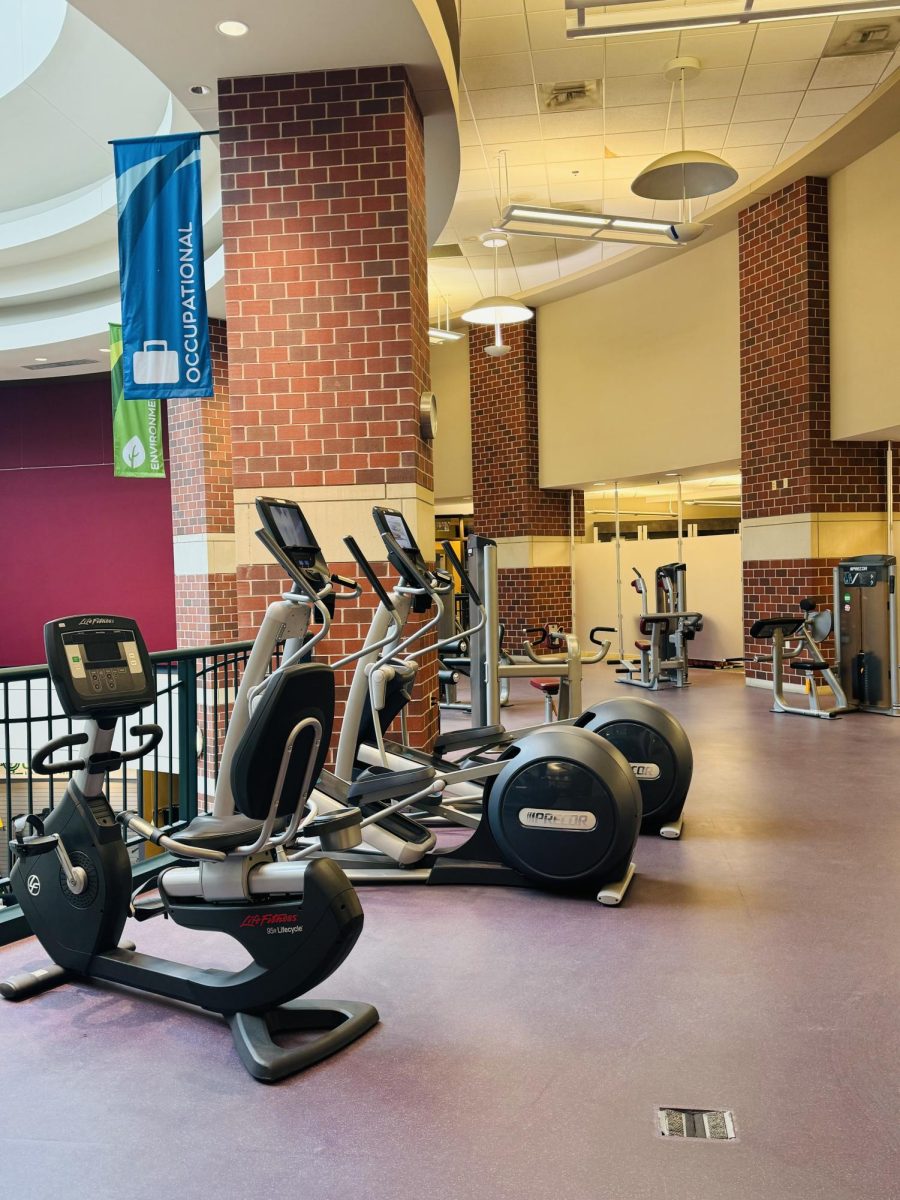On March 13, 2020, the pandemic caused by the rapid spread of the COVID-19 virus was officially declared a national emergency in the United States. Like many Americans, you can probably recall exactly where you were during this event. Maybe you found out at work or while you were in class, but no matter where you were in this moment, you probably remember the intense feelings of uncertainty and confusion that so many people were experiencing.
It has been four years since this event occurred, and it is safe to say that our world and country have changed significantly in many ways, some great and some not so great. We were all in self-isolation and had to learn a lot about ourselves and how we can become better at adapting to change. Many of us had to learn how to go about our daily school or workdays online. Although this shift was difficult at first, many of us were able to adapt and improve our digital skills. Because of this, school and work life post-pandemic looks completely different. We have begun to go back to a more traditional format, while also implementing more technology into our lives.
Although life has seemed to move back towards feeling like how it felt prior to the pandemic, it will still never feel the same. It is easy to look back on this time of our lives and feel a sense of nostalgia. Coming back to our jobs, education, and social lives was just as difficult of a shift as leaving them was. We got so used to being in isolation that we all needed to get used to interacting with others in person again. For some, this was easier and natural, and for others, it was a bit frightening. Along with this, despite us being so isolated, we got so used to building a sense of community through our shared experiences. Communities came together to care for each other, families formed stronger connections with each other, ecosystems were rebuilt, and despite the chaos that was happening in hospitals and homes, the Earth was quiet.
The COVID-19 pandemic caused mass trauma for not just health care workers or the United States, but for the entire world. So why is it that so many of us feel so nostalgic for a time where we were all so frightened and uncertain? Well, we might all be experiencing a shared psychological reaction caused by “the anniversary effect.” This is when a significantly traumatic date comes around on the calendar and we begin to reflect on that time and feel emotions similar to those that we experienced then. Most times we do not even realize that is what we are doing. Because we are experiencing this effect, it is likely that we could all be collectively coping with the events through shared nostalgia. Our minds like to trick us into romanticizing a time that may not have been as wonderful as we recall to subconsciously make us feel better about what we experienced.
During this time of year, it is important to find ways to cope with these intense emotions and feelings of nostalgia. This can be done by prioritizing your well-being and validating your feelings while also trying to remind yourself that this experience was not all that you remember it to be. If you are feeling nostalgic about this time, odds are you feel this way because you miss the simplicity of the life you were living at the start of the lockdown. So, maybe you need to take some time to yourself and pick up an old hobby from that time. If you are feeling negative emotions about remembering this time in your life, remind yourself that time has passed and as it does, progress is continuing to be made.
The COVID-19 pandemic was and is still very real, even if we are learning to live with it now. It has been four years since it officially began, but its effects are still relevant in our daily lives. This is something to stay informed and aware of. Four years ago, our lives were changed in many ways, some horrible and some beautiful. No matter how this time looked, all your emotions, thoughts, and opinions are valid, and it is important to recognize this as time goes on.
Nora Lee is a Dakota Student General Reporter. She can be reached at [email protected].


